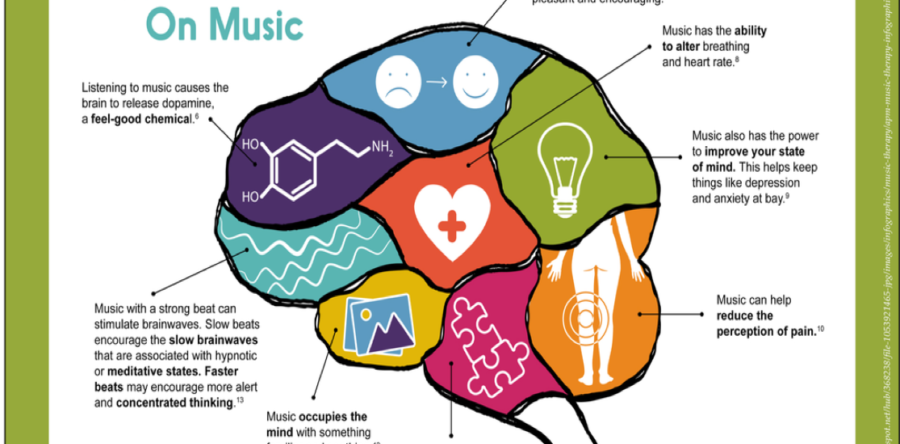A higher level of overall musical ability was linked to a stronger working memory.
While simply listening to music is known to be helpful for older people, the study underscored the additional benefit of participating in music, as this involves more areas of the brain. It observed no link between listening to music passively and cognitive health.
People whose playing continued as they grew older were more likely to have even stronger cognitive health.
Most of the study participants had played for a limited number of years, typically 5 years or less, and slightly over three-quarters had received 2 to 5 years of instruction. Individuals reported practicing 2–3 hours a week or less during their active musical years.
The instrument most significantly linked to better cognitive health was the piano.
Players of woodwinds and brass also exhibited higher cognitive scores, though not as high as pianists. The study found no association between cognition and playing percussion, bowed instruments, and guitar.
While the researchers did observe positive effects from choral singing, it is unclear if this is an effect simply of singing or if socializing with others also adds to its cognitive value, and the authors say further research is needed.
The effect of musicality on cognitive reserve. The study’s findings underscore the potential value of musical education at a time when many school music programs are being eliminated. It also promotes the idea that engagement in musical activities throughout adulthood is a way to protectively harness one’s cognitive reserve.
CLICK HERE to read more.


